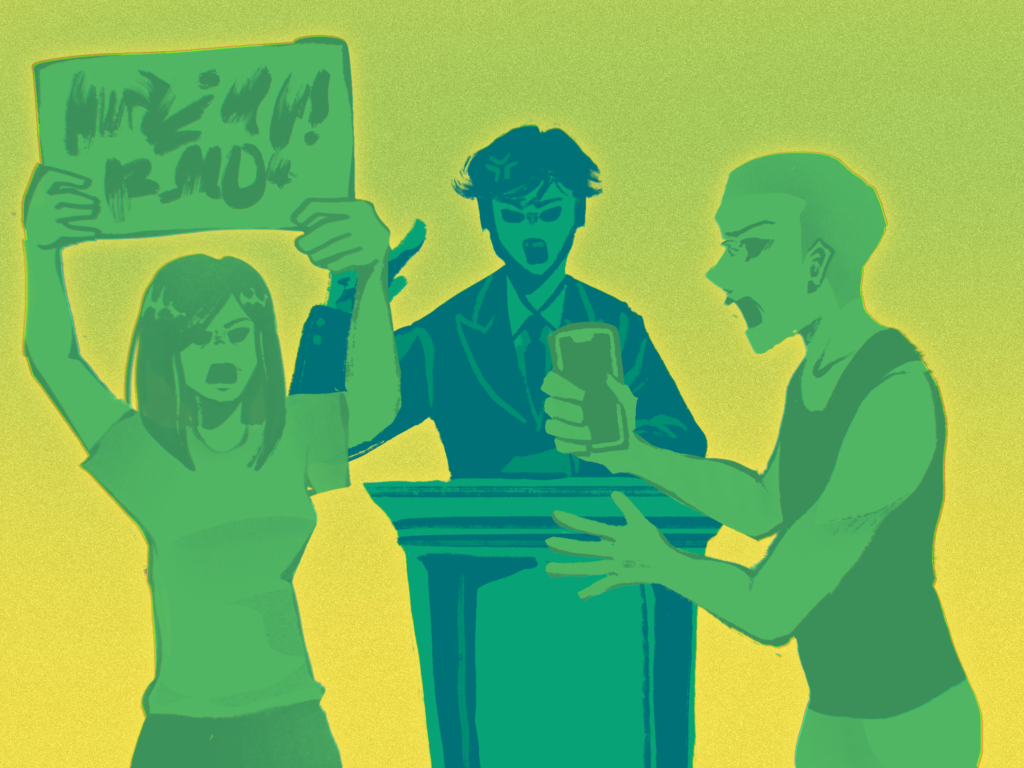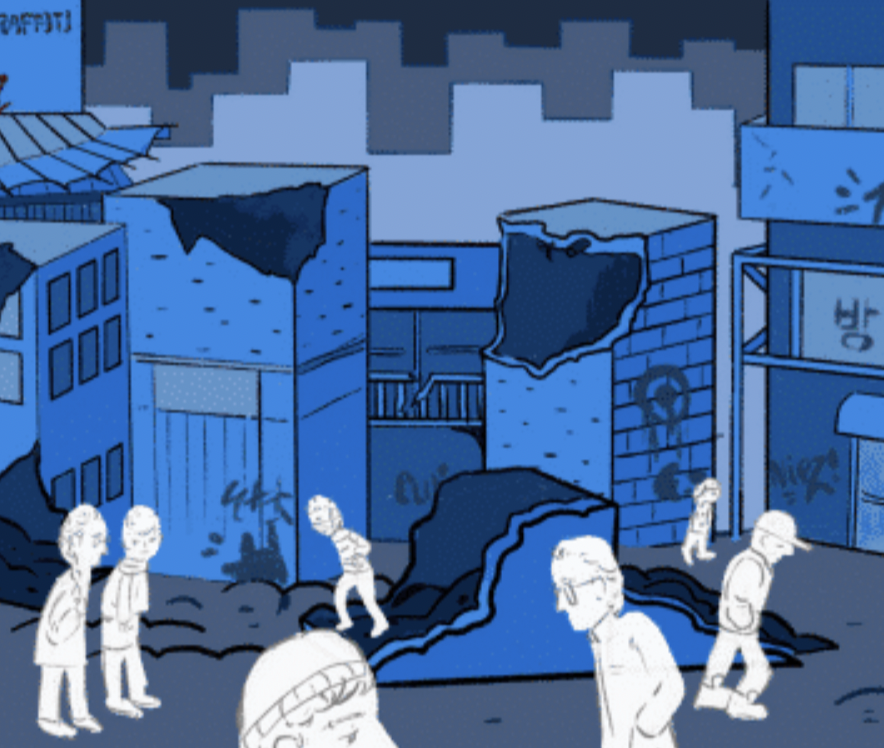
by Darren Lin ’26
Everyone loves a good “rags to riches” story. A journey from rock bottom to a penthouse overlooking Central Park is always captivating. However, this type of story is no longer just an exciting fantasy; it’s an outdated fairytale.
Although I didn’t know it by name, I’ve been familiar with the American Dream for most of my life. I was often served the core ethos of the American Dream: the classic “anything is possible if you put in the effort” with an occasional side of “work hard in silence, let your success be the noise.” In other words, the American Dream enables the gold standard for social mobility.
But this lifestyle isn’t universally accessible; the American Dream seems attainable to me solely because I’m a spoiled prep-school student attending classes 12,000 kilometers from home, and it would be an understatement to say that my life would be harder if my parents earned the median household income.
While I can see myself living according to the American Dream, it’s not supposed to be limited to students at privileged private schools. The dream was meant for any American, encouraging them to reap their riches through determination even if they started off with nothing. But, as we move into a period some call postmodern, only dwindling embers remain of what used to be a fiery dream. The American Dream is becoming less and less attainable to the vast majority of Americans. So, how did we get here?
Humans have traditionally divided socioeconomic status into the upper class and the working class. The primary difference is that the upper class owns the means of production, the tools, resources, and facilities needed for production to take place, while the working class works for those means of production. While both classes are necessary for the existence of a functional economy, the interests of the classes are irreconcilably opposed. In the end, the capitalist wants to extract value from the labor of each worker while the worker wants to retain the value of their labor. This means that if we are to assign an arbitrary “labor point” that directly translates to revenue, a worker who provides five labor points would produce five points of revenue. However, the worker would never be able to keep all five points of revenue because the capitalist would want to extract as many possible revenue points for themselves. The “surplus value” extracted can then be denoted as the difference between the costs of production and the sum of sales; this variable can ensure that the worker’s wage matches the value of their labor. And yet, this correlation tends to discourage individuals from working harder, since they wouldn’t be able to earn the full value of their labor. As long as the upper class is allowed to extract surplus value from the labor of the workers, the American Dream cannot survive.
I believe that in order to revive the dream, the issue of surplus value must be addressed. Unless a full-scale revolution takes place, it is unlikely that surplus value can be removed. Still, federal laws can be put in place to cap surplus value. Laws regarding price gouging are traditionally enforced by state governments but rarely in situations other than an emergency. If we introduce federal regulations on surplus value, businesses will be forced to comply. We would provide workers with an incentive to make an effort and, thus, to chase a more realistic American Dream.
The best way to introduce this change is to vote locally, in the hopes of regulating surplus value and price gouging. While presidential elections are important, local government directly affects an individual and their community. Legal intervention can help to compel large businesses to give workers more ownership and control of the means of production. To take part in this change, people can research candidates who advocate for radical change or who align with their values and voice their thoughts online.
The American Dream is the ideal. While it is accessible to some, it is unobtainable by most. If nothing changes, the dream will only fade as future generations neglect and give up on its existence.




